The Canadian Constitution Foundation (CCF) is arguing tomorrow before the Saskatchewan Court of Appeal (SKCA) in support of freedom of expression, in particular, the right of nurses to speak publicly without fear of reprisal from their professional regulatory bodies. In 2015, Carolyn Strom, a registered nurse who has dedicated her life to helping others, posted comments on social media relating to the end-of-life care that her grandfather had received at a facility in Macklin, Saskatchewan. In the comments, Strom politely but pointedly criticized the care her grandfather had received from some of the facility’s staff. For this, Strom was brought before a professional disciplinary committee and found to have engaged in professional misconduct. She was ordered to pay a fine and costs totalling $26,000. This despite the fact that the disciplinary committee did not find any factual problems with her post, which was written in non-inflammatory language and deliberately did not reveal the names of any of the staff whose professionalism she criticized.
Sadly, this sort of case is not an anomaly. Freedom of speech is increasingly under attack from professional bodies seeking to regulate what their members can say. In most cases, this censorship would not be constitutional if it was imposed directly by legislation, but courts are often too deferential when the restrictions are imposed by arms of the state like professional regulators.
The decision being appealed was based upon the Supreme Court of Canada’s Doré case, which requires Canadian courts to defer heavily to rulings of state decision-making bodies, even when Charter rights are being violated. Instead of reviewing whether the administrative decision-maker came to the correct result in deciding whether the violation of a Charter right was justified, under Doré, courts instead review whether the administrative decision-maker came to a so-called “reasonable” result—even if the court disagrees with the result and would have decided the matter differently.
The issue at the heart of this appeal is whether Strom is free to speak about her first-hand experience of the poor quality medical care that her ailing grandfather received, or whether the province of Saskatchewan—through the Saskatchewan Registered Nurses Association—can restrict her right to freedom of expression and stop her blowing the whistle on what she perceived as poor quality care.
Ms. Strom has done Canadians a great service by bringing this issue to light, after all, who better to critique our health care system than a dedicated professional who only wants patients to receive better care?
CCF staff lawyer, Derek From, said:
All Canadians, nurses included, should be able to rely on their courts to defend the rights and freedoms guaranteed to them by the Charter. But more and more of our courts are deferring to decisions of state administrative bodies having no specialized training in dealing with Charter rights, and as a result, rights like freedom of speech are being inadvertently undermined by these bodies. When the rights of Canadians are violated by the government, especially those rights recognized as “fundamental” by the Charter itself, it is simply not enough for courts to take a deferential, hands-off approach. Instead, those rights should receive a robust protection grounded in rigorous analysis.
Read the original release here.






